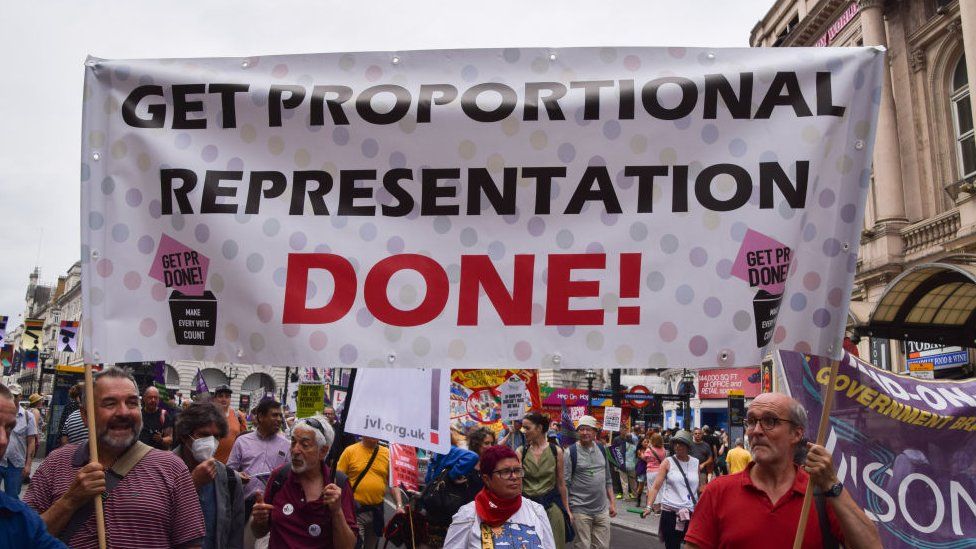Investing In Better Mental Healthcare: A Societal Imperative

Table of Contents
The Economic Burden of Untreated Mental Illness
The economic consequences of neglecting mental health are profound and far-reaching. Untreated mental illness places a significant strain on both individuals and society as a whole.
Lost Productivity and Healthcare Costs
The impact on productivity is substantial. Untreated mental health conditions lead to:
- Decreased work performance: Employees struggling with mental illness often experience reduced concentration, motivation, and efficiency.
- Increased absenteeism: Time off due to illness and appointments significantly impacts workplace productivity.
- Presenteeism: While physically present at work, employees struggling with mental health may be significantly less productive, impacting overall output.
- Premature death: Untreated mental illness increases the risk of premature death, resulting in lost economic contributions.
Healthcare costs associated with untreated mental illness are equally staggering:
- Increased emergency room visits: Mental health crises often lead to costly emergency room visits.
- Hospitalizations: Severe mental illness frequently requires expensive inpatient hospitalization.
- Higher rates of chronic physical health issues: Untreated mental illness can exacerbate existing physical health problems, leading to higher healthcare expenditures.
According to the World Health Organization (WHO), depression and anxiety disorders alone cost the global economy trillions of dollars annually in lost productivity.
The Societal Cost of Mental Health Issues
Beyond economic productivity, untreated mental illness carries significant societal costs:
- Increased crime rates: Studies demonstrate a correlation between untreated mental illness and increased rates of crime.
- Higher rates of homelessness: Mental illness is a significant contributing factor to homelessness.
- Family breakdown: The stress and challenges associated with mental illness can place immense strain on families, contributing to relationship difficulties and separation.
- Increased burden on social services: Untreated mental illness places a significant burden on social service agencies, including emergency services, welfare programs, and the justice system.
These societal costs underscore the need for proactive investment in mental healthcare prevention and treatment.
Strategies for Improving Access to Mental Healthcare
Addressing the mental health crisis requires a multifaceted approach encompassing increased funding, stigma reduction, and workforce expansion.
Increasing Funding for Mental Health Services
Significant increases in funding are essential to expand access to high-quality mental healthcare services:
- Community mental health centers: Investing in community-based services provides accessible care for individuals in need.
- School-based mental health programs: Early intervention in schools is crucial for identifying and addressing mental health issues in young people.
- Telehealth initiatives: Expanding telehealth services can increase accessibility, especially in rural or underserved areas.
Increased funding is a worthwhile investment. Research consistently shows that early intervention and effective treatment significantly reduce long-term costs associated with untreated mental illness.
Reducing the Stigma Surrounding Mental Illness
The stigma surrounding mental illness remains a significant barrier to seeking help. Strategies to combat stigma include:
- Public awareness campaigns: Raising public awareness through media campaigns can help educate the public and challenge negative stereotypes.
- Community education programs: Workshops and educational initiatives can promote understanding and empathy within communities.
- Promoting open conversations: Encouraging open and honest conversations about mental health helps to normalize seeking help and reduce shame.
Successful stigma reduction initiatives have shown a positive impact on help-seeking behaviors and improved outcomes for individuals with mental illness.
Expanding Access to Mental Healthcare Professionals
A shortage of mental health professionals, particularly in underserved areas, hinders access to care. Solutions include:
- Loan forgiveness programs: Incentivizing professionals to work in underserved areas through loan forgiveness programs can address workforce shortages.
- Increased training opportunities: Expanding training opportunities can increase the number of qualified mental health professionals.
- Innovative approaches to care delivery: Implementing telehealth and peer support programs can improve access to care.
These strategies are vital for ensuring that everyone who needs mental health support can receive it.
The Benefits of Investing in Better Mental Healthcare
Investing in better mental healthcare offers significant returns, both for individuals and for society.
Improved Individual Well-being
Accessible and affordable mental healthcare dramatically improves individual well-being:
- Increased self-esteem and confidence: Effective treatment can empower individuals to manage their mental health and improve their overall sense of self-worth.
- Improved relationships: Mental health treatment can strengthen relationships with family and friends.
- Better physical health: Addressing mental health often leads to improvements in physical health.
- Reduced risk of suicide: Early intervention and access to treatment significantly reduce suicide risk.
The positive effects of mental health treatment on individuals' lives are undeniable.
Strengthened Communities and a Healthier Society
Investing in mental health contributes to a healthier and more prosperous society:
- Reduced crime rates: Effective mental healthcare reduces the likelihood of individuals engaging in criminal behavior.
- Stronger families and communities: Supporting mental health improves family functioning and strengthens community bonds.
- Increased economic productivity: A healthy workforce contributes to greater economic productivity and growth.
A society that prioritizes mental health is a stronger, healthier, and more prosperous society.
Conclusion
Investing in better mental healthcare is not merely a compassionate act; it is an economic necessity and a societal imperative. The economic burden of untreated mental illness is substantial, affecting productivity, healthcare costs, and societal well-being. By increasing funding, reducing stigma, and expanding access to mental health professionals, we can create a society where everyone has access to the support they need. Let's work together to ensure everyone has access to quality mental healthcare. Join the movement and advocate for increased investment in better mental healthcare access today!

Featured Posts
-
 Fortnite Server Status Is Fortnite Down Update 34 20 Details
May 03, 2025
Fortnite Server Status Is Fortnite Down Update 34 20 Details
May 03, 2025 -
 A Young Life Lost Remembering A 10 Year Old Girl Taken Too Soon
May 03, 2025
A Young Life Lost Remembering A 10 Year Old Girl Taken Too Soon
May 03, 2025 -
 Mo Salah Contract Liverpools Plan And The Risks Involved
May 03, 2025
Mo Salah Contract Liverpools Plan And The Risks Involved
May 03, 2025 -
 Gaza Flotilla Under Attack Report Of Incident Off Malta
May 03, 2025
Gaza Flotilla Under Attack Report Of Incident Off Malta
May 03, 2025 -
 Loyle Carners Glastonbury Performance And New Music A Fathers Perspective
May 03, 2025
Loyle Carners Glastonbury Performance And New Music A Fathers Perspective
May 03, 2025
Latest Posts
-
 Farages Controversial Savile Reference Public Reaction And Reforms Response
May 04, 2025
Farages Controversial Savile Reference Public Reaction And Reforms Response
May 04, 2025 -
 Nigel Farages Whats App Leaks Fuel Reform Party Crisis
May 04, 2025
Nigel Farages Whats App Leaks Fuel Reform Party Crisis
May 04, 2025 -
 Nigel Farages Savile Slogan Reform Party Sparks Internet Outrage
May 04, 2025
Nigel Farages Savile Slogan Reform Party Sparks Internet Outrage
May 04, 2025 -
 Leaked Messages Reveal Deep Divisions Within Reform Party
May 04, 2025
Leaked Messages Reveal Deep Divisions Within Reform Party
May 04, 2025 -
 Farage Whats App Leaks Trigger Zero Integrity Accusations
May 04, 2025
Farage Whats App Leaks Trigger Zero Integrity Accusations
May 04, 2025
